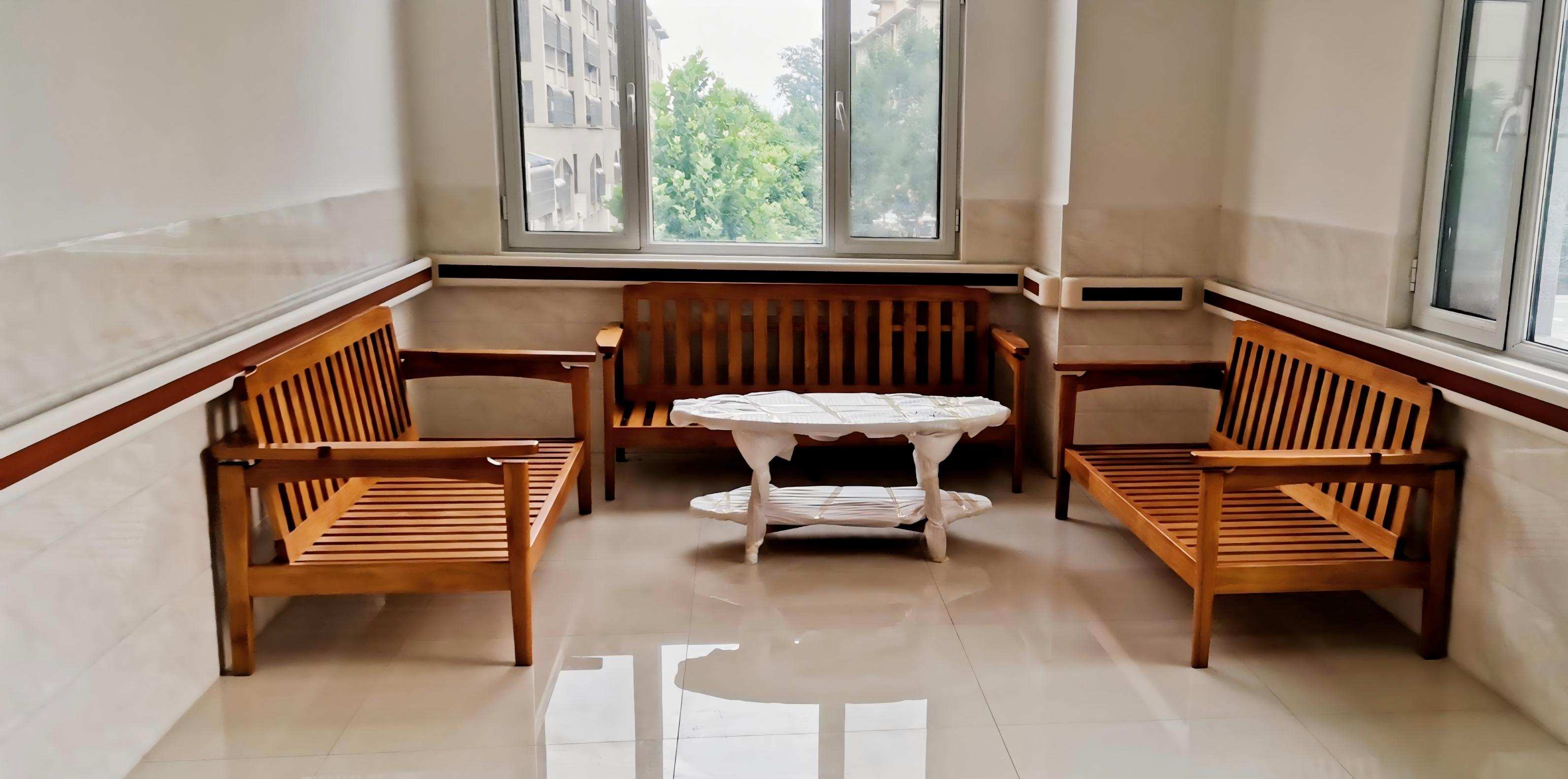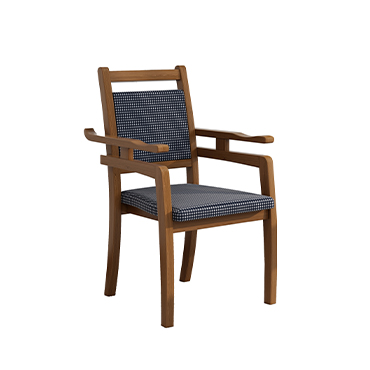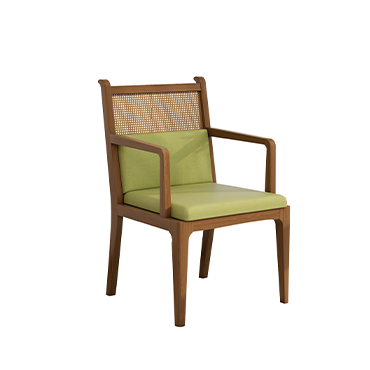Shanghai Faces 120,000-Strong Gap in Companion Medical Care for the Elderly
Overview:
Shanghai is home to over 300,000 elderly residents living alone, many of whom face difficulties accessing medical care. Comparing domestic and international situations alongside aging population ratios, the city is experiencing a growing demand for professional companion medical service providers, or medical escorts, with an estimated shortage of 120,000 personnel.
Since last year, Shanghai has been exploring pathways to standardize and professionalize the companion medical care industry. In February 2025, the city introduced the “Pilot Program for Elderly Medical Companion Services”, which will run through July in nine districts: Pudong, Yangpu, Songjiang, Xuhui, Changning, Putuo, Jing’an, Hongkou, and Huangpu.
Real-World Demands and Complexity
Orders often come urgently, with family members calling in distress. For instance, a bedridden patient with Alzheimer’s disease required follow-up hospital consultations and prescription refills. A single family member could not accompany them, prompting the need for a professional medical companion.
Contrary to public perception of “running errands or picking up medications,” the role is far more complex:
Some elderly clients need prescription fulfillment only, with strict brand specifications to ensure efficacy.
Others require in-person consultations, with mobility assistance and professional escorting.
Some elderly individuals have no family support, necessitating dedicated personnel to record medical instructions and track medication adherence.
This requires medical companions to master not only medical and emergency knowledge but also emotional intelligence, often described as requiring a “full set of skills.”
Currently, the profession is not yet officially classified under the Ministry of Human Resources and Social Security’s occupational catalogue. However, due to high market demand, it frequently appears on job platforms, e-commerce listings, and as a value-added service in commercial health insurance packages.
Challenges in the Absence of Professional Standards
Inconsistent pricing and service quality
Risk of personal medical information leaks
Difficulty identifying reliable companions
In response, the Shanghai Municipal Civil Affairs Bureau and the Health Commission issued the pilot program, emphasizing elderly service institutions as the main body to cultivate a team of standardized, professional medical companions.
“Starting from elderly service institutions closest to the seniors ensures quality and fair pricing,” said a bureau official.
How Companion Services Work in Practice
Hourly-based service has become common, with companions often taking on roles akin to “temporary family members.”
For example, Ms. Zhang, 94, living alone in Yangpu District, needed professional assistance to record medical instructions. The assigned companion, Mao Liangying, arrived early carrying a well-equipped medical kit, including a blood pressure monitor, pulse oximeter, masks, gloves, and snacks.
Before heading out, Mao checked vital signs and ensured all medications were accurately verified. Drawing on her experience as a senior care advisor, she meticulously planned the hospital visit, pre-identifying barrier-free access, wheelchair locations, and waiting areas.
“Imagine yourself as a temporary child, considering every detail,” Mao explained.
Coordination with community volunteers is also critical for clients without family support, ensuring smooth access and timely assistance.
Platform Integration and Service Evaluation
To facilitate selection of reliable companions:
Pudong District integrated smart companion services into the “Pu Lao Hui” platform, allowing seniors and families to order services and receive feedback evaluation.
Yangpu District partnered with Guorong Leyang, embedding companion service modules into the Suishenban App.
Some professionals advocate for a review-based platform similar to “Dianping”, enabling accurate matching between seniors and companions.
Pilot districts also differentiate service types—including non-emergency transport, in-person consultation, and specialized medical escort—supported by responsibility insurance and emergency protocols.
Pricing transparency has improved, with rates clearly displayed, e.g., 168 CNY for 2 hours to 298 CNY for 4 hours. Special considerations are made for high-risk groups, including seniors over 80 or those living alone, with low-cost, accessible options.
Skills and Training Required
Medical companions require a formalized skillset, combining healthcare, emergency response, and social care knowledge.
Training programs: Shanghai Open University and the Shanghai Elderly Service Industry Association launched public training programs, providing certificates to qualified personnel.
Practical exercises: Trainees familiarize themselves with hospital layouts, report waiting times, patient interaction, and emergency procedures.
Advanced care techniques: Include CPR, cognitive impairment intervention, and stress-relief methods.
Districts like Changning and Yangpu implement continuous improvement strategies, collecting experience from each order, offering subsidies, and organizing professional workshops to strengthen the companion workforce.
Conclusion
Shanghai’s companion medical service industry is rapidly evolving to meet the growing needs of its aging population. The pilot program and professional training aim to standardize services, enhance reliability, and ensure seniors’ safety and dignity. With ongoing platform integration, professional certification, and clear pricing mechanisms, the city is gradually building a sustainable and trusted ecosystem for elderly medical companions, addressing a critical gap in senior care.





